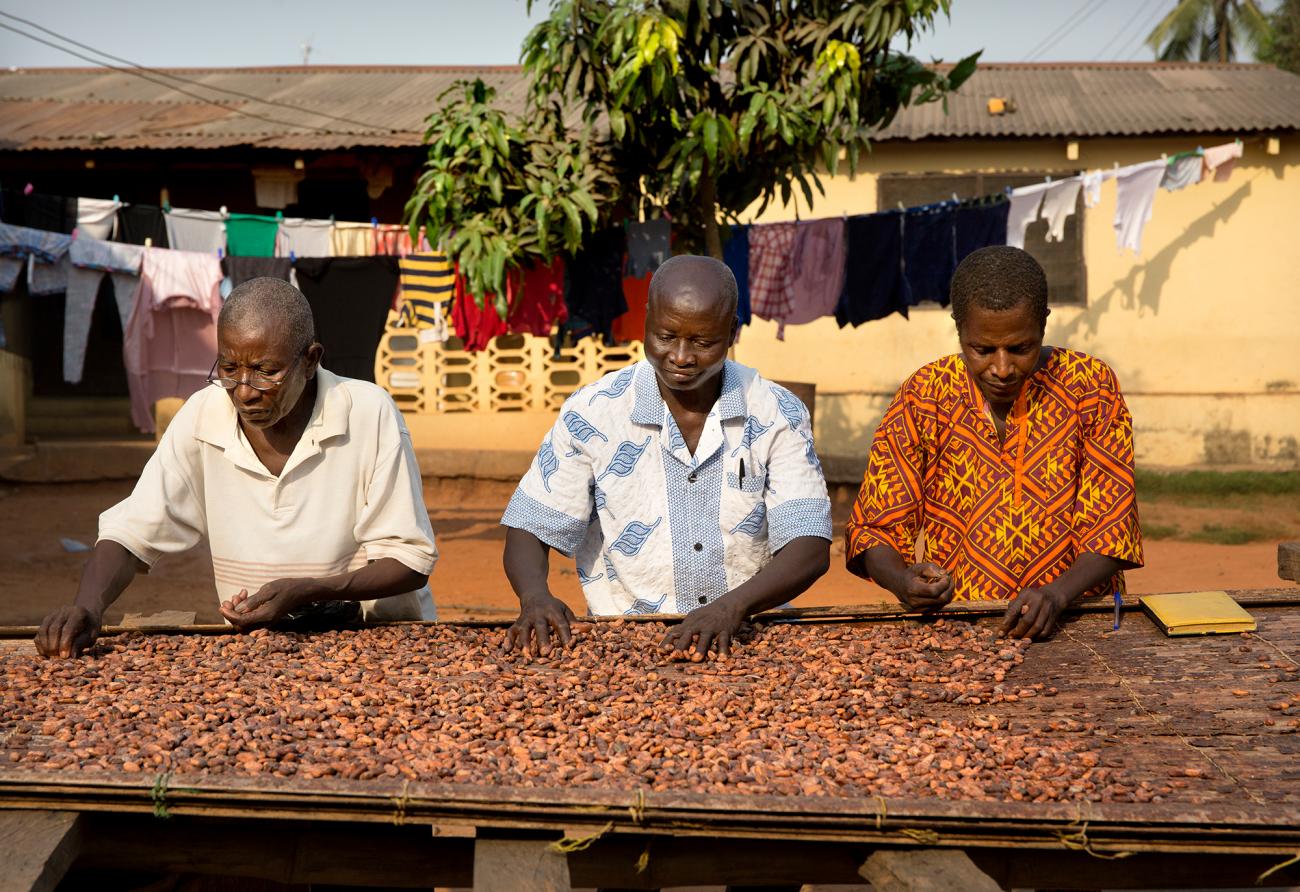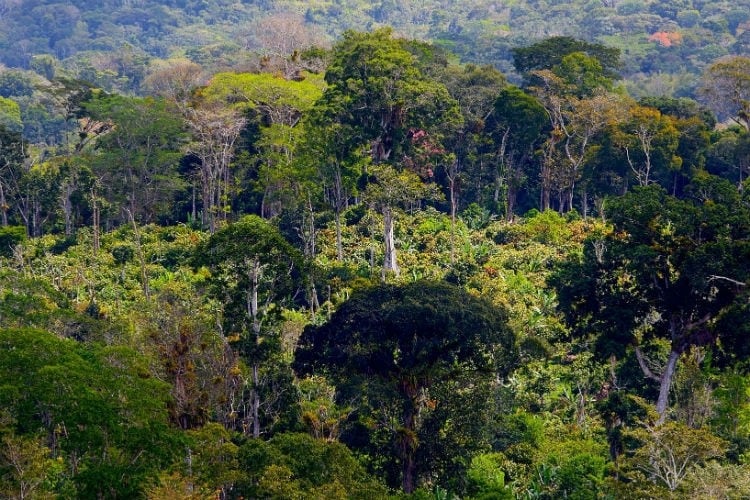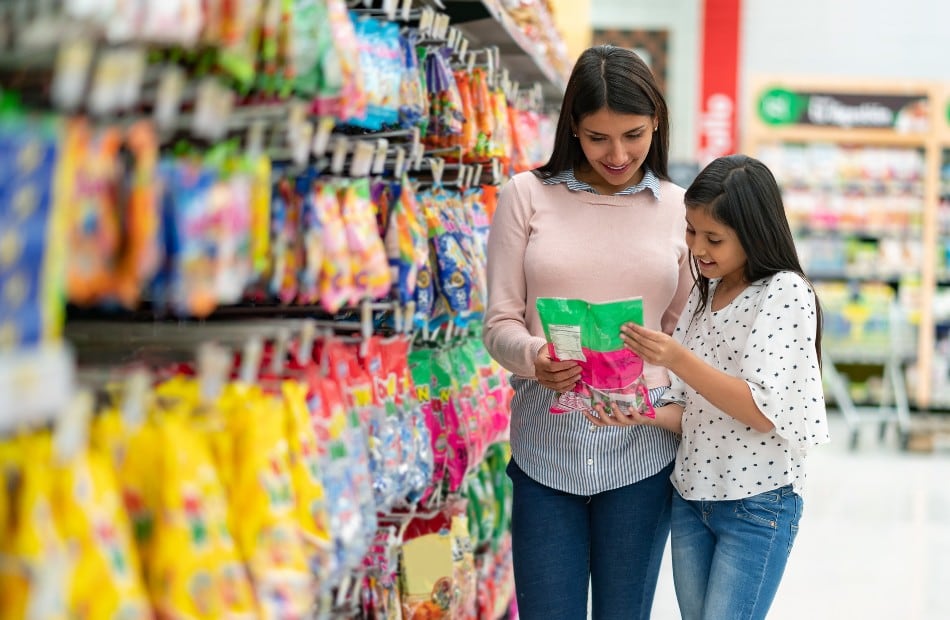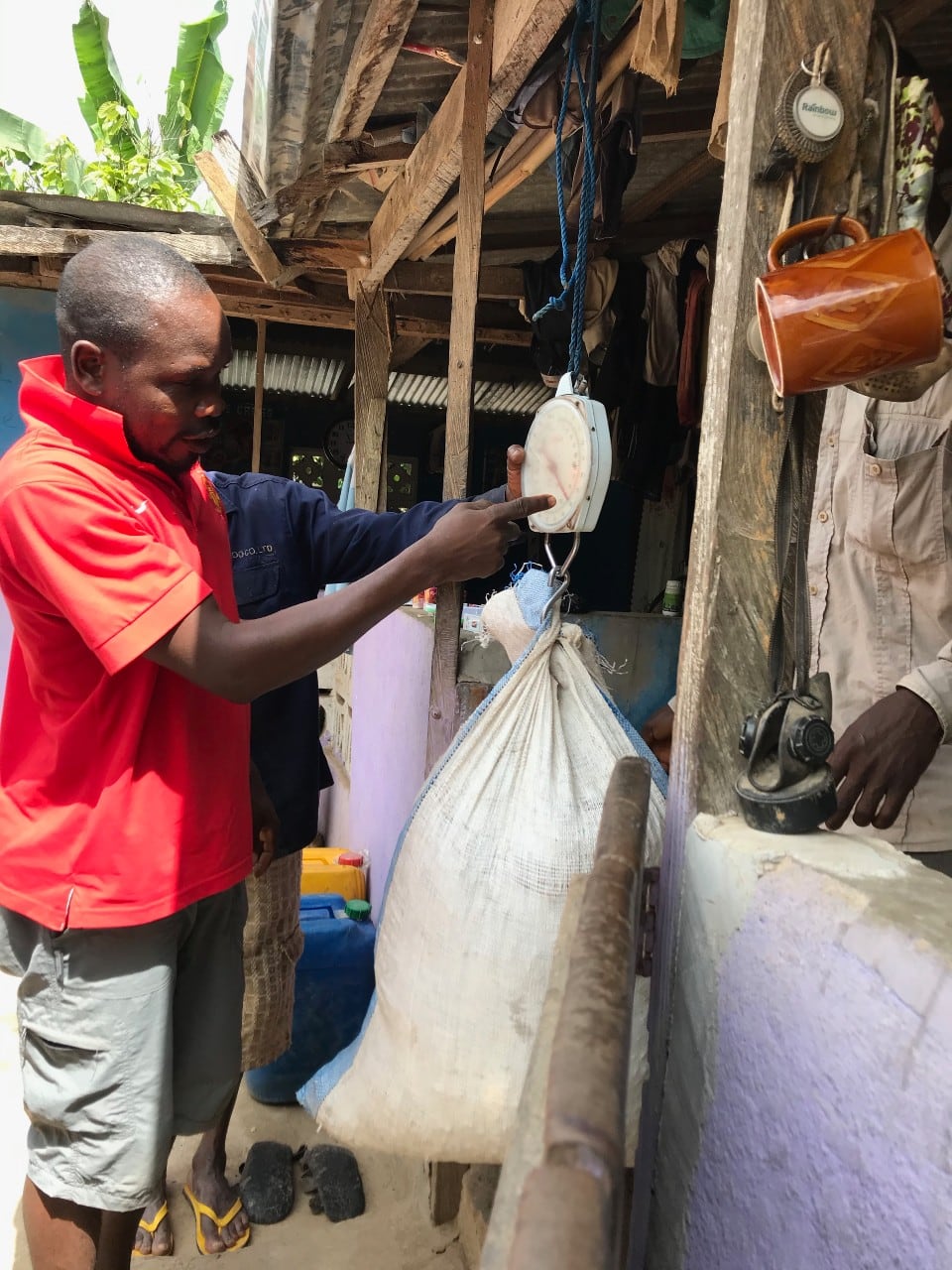The Chocolate Scorecard initiative, coordinated by Be Slavery Free in collaboration with various stakeholders, aims to promote transparency, accountability, and responsible practices within the industry.
By evaluating companies on social and environmental criteria, the Chocolate Scorecard provides valuable information for consumers to make ethical purchasing decisions. It incentivizes companies to improve their performance and sustainability practices.
The chocolate industry is undergoing significant change, but certain aspects, such as farmer poverty, remain unchanged despite being a longstanding issue -- Fuzz Kitto, Co-Director of Be Slavery Free
It announced that Dutch disruptor brand Tony’s Chocolonely received the Achievement Award for being an industry leader for five years in a row. Ritter was also acknowledged for overall best practices for a large chocolate company. Original Beans and Beyond Good tied for best overall practices for a small chocolate company, while Chocolate Makers won the Innovation Award.
Retailer Lidl and manufacturer Pladis were named joint winners of the Gender Award for innovation in supporting females in cocoa growing.
The Chocolate Scorecard contains the scoring for 63 companies—large, small, and retailers (on their ‘own brand’ chocolate). The companies are rated in six areas and then given an overall score.
The areas are:
1. Traceability and transparency
2. Living income for the farming families
3. Child and forced labor
4. Deforestation and climate change
5. Agroforestry practices
6. Chemical and pesticide management
Living income
The research compiling the scorecard claims that ‘almost all of the participating chocolate companies believe that a living income is a human right—but only less than a dozen companies are paying a living income to all their farmers.'
It also states that pesticide use remains high, impacting the health and environment of farming communities.
A statement from Be Slavery Free said, “Chocolate is a sweet treat that we often share with people we love to celebrate a special occasion or indulge in a sweet moment. But usually, the conditions in which it's made are far from sweet.
“When cocoa farmers and their communities live in poverty, they deforest to clear more land to grow more cocoa. They rely on family and unpaid labour (child labour and forced labour) to make ends meets. As a result, our environment is harmed, and children's future opportunities are squandered to survive.”
Fuzz Kitto, Co-Director of Be Slavery Free, said: “The chocolate industry is undergoing significant change, but certain aspects, such as farmer poverty, remain unchanged despite being a longstanding issue.
“It is essential that the chocolate industry continues to prioritize sustainability, fair labour practices, and environmental conservation. This includes ensuring fair compensation for farmers, promoting responsible sourcing practices, reducing pesticide use, and safeguarding against child, any forced labour and deforestation.”
Antonie Fountain, Managing Director at VOICE Network, which publishes the Cocoa Barometer, said: “The Scorecard is the best ranking in the cocoa sector I know of, with an open and transparent methodology that just gets better every year.
“More than 60 companies worldwide were ranked across a range of sustainability criteria, including child labour, deforestation, livelihoods, and - for the first time! - gender equality.”
- Complete results of the 5th Edition Chocolate Scorecard here




